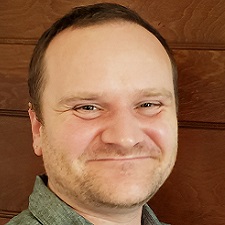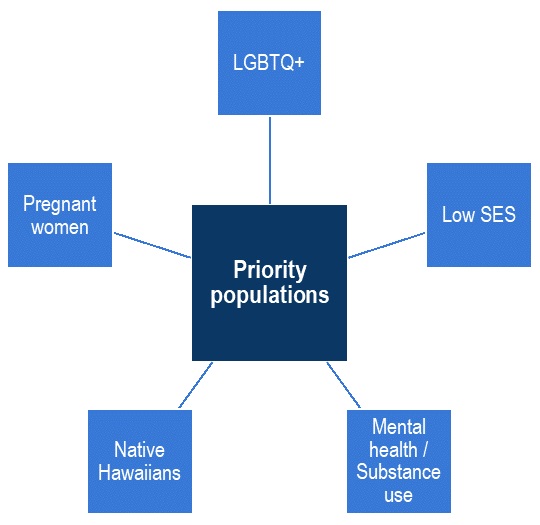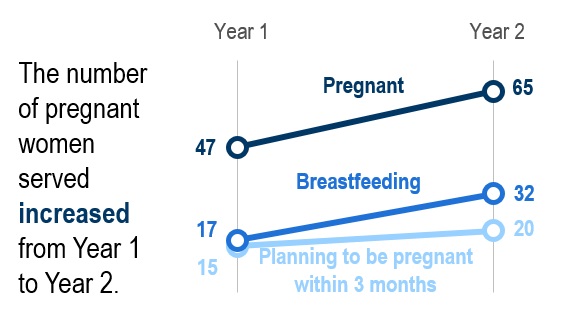Background
The Hawai‘i Community Foundation (HCF) funds organizations throughout Hawai‘i to provide in-person tobacco cessation services. In 2016, HCF funded a three-year grant cycle with an explicit goal of improving cessation services for priority populations through the development and implementation of innovative strategies. HCF contracted PDA to conduct an evaluation of this initiative in an effort to illuminate the extent to which priority populations were being reached and document successes, challenges, and lessons learned.
Approach
With grantee input, we updated the existing data collection forms to collect demographic information specific to the program’s priority populations. This included adding items related to employment status, mental health and substance use disorders, sexual orientation, and gender identity.
In an effort to document successes, challenges, and lessons learned in implementing innovative strategies, we interviewed each grantee at several points throughout the grant period. These interviews also served to identify and track progress made toward implementation of selected grantee program innovations.
Grantees were given a report of their program’s findings and a summary from their interviews. HCF received the individual grantee reports as well as a report of cross-grantee findings.
Results
The evaluation revealed successes and challenges with reaching priority populations. HCF was able to use these results to highlight successes as well as identify areas of need, particularly regarding reaching pregnant women. HCF provided additional training and technical assistance to help boost reach to this population. This additional training and technical assistance likely contributed to the increase in the number of pregnant women served the following grant year.
The evaluation also revealed that many of the grantees faced challenges in working with tobacco users with mental health and substance use disorders, so HCF brought in an expert guest speaker to provide a one-day training to the grantees on this topic.
The evaluation highlights successful innovations. The evaluation documented how one grantee was able to incorporate workshops rooted in Native Hawaiian cultural practices into their cessation intervention. Through this program innovation, workshop participants had the opportunity to tell stories and connect with one another. Many left excited for the next workshop and ready to promote the tobacco program to others.
The evaluation helped facilitate grantee sharing. Early in the grant cycle, a few grantees shared their innovative incentive strategies to encourage participants to return for more counseling or make a quit attempt. Several other grantees then used these ideas as inspiration for their own incentive strategies.
The evaluation encourages a continuing culture of ongoing innovation. Rather than focusing solely on whether goals were met or not met, the evaluation seeks to document successes, challenges, and lessons learned in implementing innovative strategies. This creates a culture of experimentation in which grantees can innovate freely without feeling like they will face scrutiny for any activities that do not go as planned.
PDA’s multi-faceted evaluation facilitated the sharing of successes and opportunities for improvement in reaching priority populations with tobacco cessation services. A summary of the grant program’s achievements in the first two years of the grant can be found here.
Related Highlights
Contributing to statewide tobacco survey development and data analysis
PDA supported the Indiana Department of Health by developing the adult tobacco questionnaire and providing survey data analysis.
Using data to identify health equity priorities in a statewide needs assessment
PDA used mapping and key informant interviews to identify populations being missed by a state nutrition program
Using principles-focused evaluation to embed health equity in an initiative
PDA engaged program staff and community partners in revising and assessing program principles that reflect health equity processes and outcomes.
See More Highlights
Our Team
Our dedicated and talented team is united by our common desire to improve communities.

Amy Kerr
Director of Evaluation

Belle Federman
Principal Researcher

Stephanie Grace
Evaluator I

Gabriel Anderson
Evaluator II



